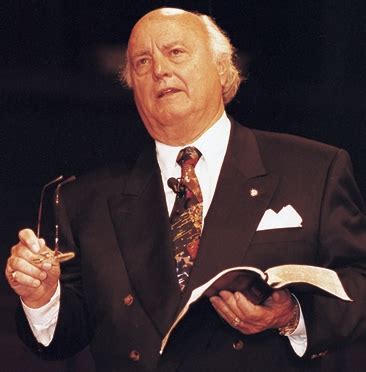A Quote by Charlie Chaplin
My prodigious sin was, and still is, being a non-conformist.
Quote Topics
Related Quotes
Friends have asked how I came to engender this American antagonism. My prodigious sin was, and still is, being a non-conformist. Although I am not a Communist I refused to fall in line by hating them. Secondly, I was opposed to the Committee on Un-American Activities - a dishonest phrase to begin with, elastic enough to wrap around the throat and strangle the voice of any American citizen whose honest opinion is a minority of one.
In this simple but profound psychological way Scripture tells the history of the fall and of the origin of sin. In this way sin continues still to come into being. It begins with the darkening of the understanding, continues with the excitement of the imagination, stimulates desire in the heart, and culminates in an act of the will
Repentance out of mere fear is really sorrow for the consequences of sin, sorrow over the danger of sin — it bends the will away from sin, but the heart still clings. But repentance out of conviction over mercy is really sorrow over sin, sorrow over the grievousness of sin — it melts the heart away from sin. It makes the sin itself disgusting to us, so it loses its attractive power over us. We say, ‘this disgusting thing is an affront to the one who died for me. I’m continuing to stab him with it!’
Repentance is being sorry enough to quit your sin. You will never know the forgiving mercy of God while you are still wedded to your sins. Repentance is the soul's divorce from sin, but it will always be joined to faithRepentance that is not joined to faith is a legalistic repentanceProfessed faith that is not joined to repentance is a spurious faith, for true faith is faith in Christ to save me not in but from my sin. Repentance and faith are inseparable, and 'unless you repent you will all likewise perish' (Luke 13:3).


































